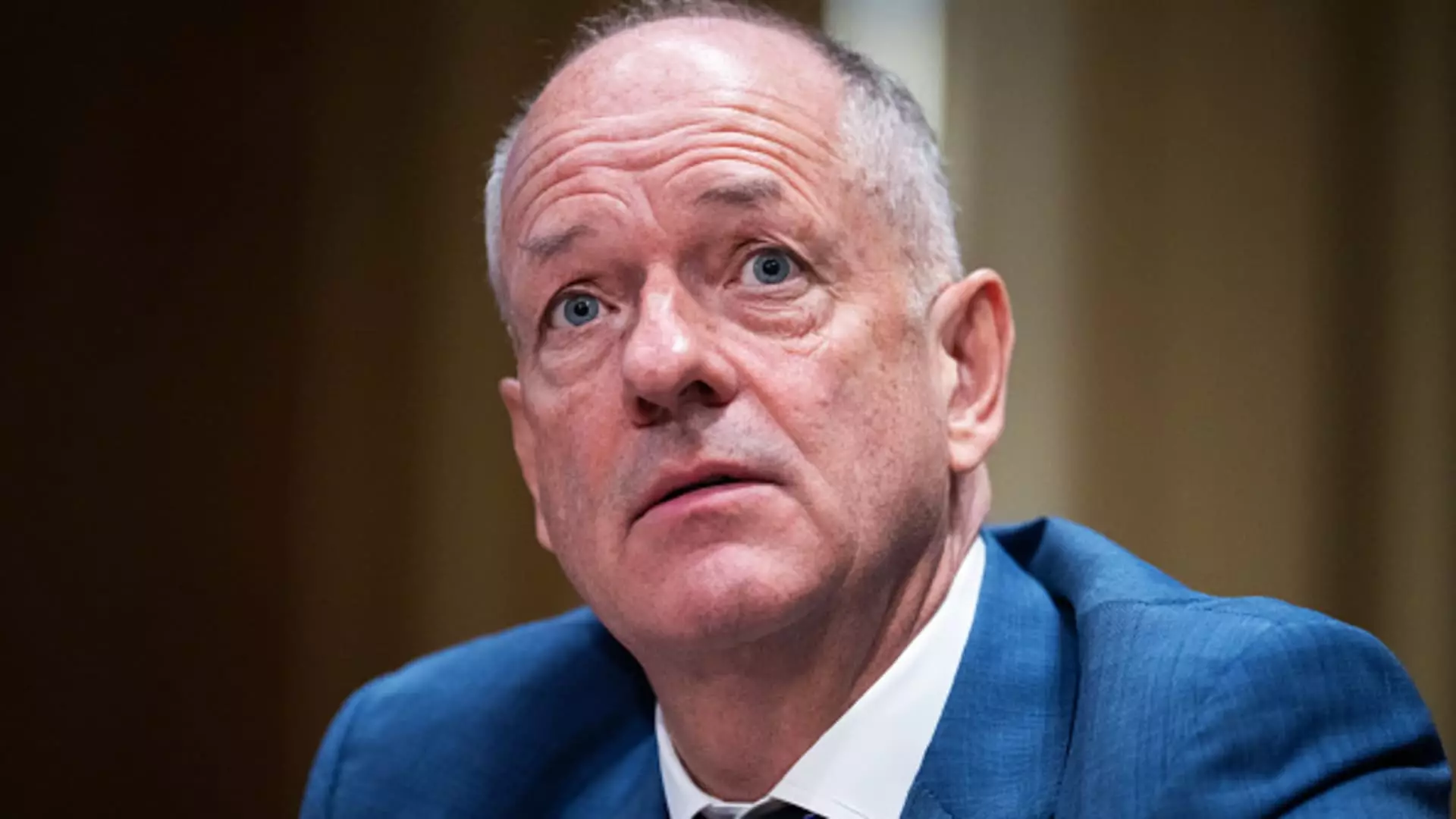The recent loss of Brian Thompson, CEO of UnitedHealthcare, has not only cast a shadow over UnitedHealth Group but has also ignited a broader conversation about the state of the U.S. health care system. In a poignant tribute to Thompson, Andrew Witty, the current CEO of UnitedHealth Group, expressed his grief and acknowledged the pressing need for reforming a system many view as fundamentally flawed. Thompson’s leadership left a significant imprint on the organization, and his unexpected death raises questions not only about the future of the company but also about the systemic challenges that continue to plague health care in America.
Witty’s candidness about the U.S. health-care system’s deficiencies resonates with a growing sentiment among the public. He articulated the frustrations that patients experience daily, emphasizing that no rational individual would architect a system as convoluted as the one currently in place. This admission reflects a deep recognition of the historical context in which U.S. healthcare evolved—a patchwork of policies, practices, and regulations developed over decades without cohesive direction.
This acknowledgment is a crucial step toward addressing the underlying issues, such as rising costs, limited access to services, and a widespread lack of transparency within insurance practices. Witty’s comments underscore the urgent demand for comprehensive solutions that can improve patient experiences and outcomes rather than perpetuating a cycle of dissatisfaction.
As the nation grapples with the complexities of healthcare, Witty reiterated UnitedHealth Group’s mission: to enhance the functionality of the system. He framed this mission as a collaborative effort, encouraging partnerships with various stakeholders, including health care providers, patients, and governments. This cooperative approach is essential for developing innovative strategies that can lead to improved care quality and lowered costs.
Despite the grim backdrop of Thompson’s death, Witty’s call for partnership serves as a beacon of hope. It invites all players in the healthcare ecosystem to engage in dialogue and action aimed at reform. Patients deserve clarity and support in understanding their healthcare options, particularly regarding what is covered by their insurance and the rationale behind certain coverage decisions.
The tragic event highlighting Thompson’s life and the ensuing critical dialogue around healthcare has unleashed a torrent of public resentment toward the insurance industry. Social media has become a platform for patients to voice their grievances about insurance policies, from denied claims to unexpected charges. Such narratives paint a grim picture of a system that many view as prioritizing profit over patient welfare.
As the largest private insurer, UnitedHealth Group finds itself at the crossroads of public perception and the operational realities of providing care. Witty’s emphasis on clinical evidence used in claims decision-making practices stands as a reminder that there is a balance to be struck between business goals and patient-centric care.
As UnitedHealth Group navigates the repercussions of Thompson’s death and the broader implications for the health care system, this moment could serve as a catalyst for change. Witty’s commitment to reform, when coupled with active public engagement, can re-transform the landscape of healthcare for future generations. The tragic loss of a leader may ultimately inspire the necessary shifts towards a more equitable, transparent, and effective healthcare delivery system built on trust and understanding.

Leave a Reply